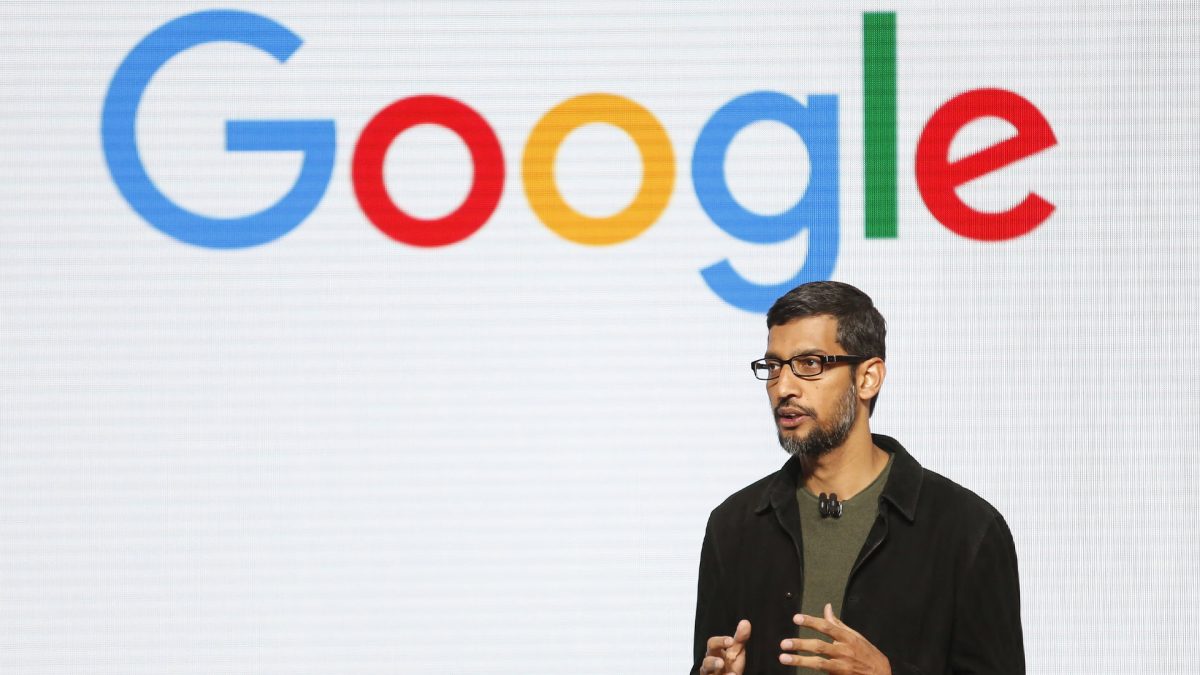In its recent earnings call, Google CEO Sundar Pichai shared a notable development: artificial intelligence now generates over 25 per cent of the code for Google’s products. This figure highlights just how integral AI has become in shaping the company’s software development. While AI tools enhance productivity and allow Google’s engineers to work faster, human programmers are still responsible for overseeing the AI-generated code to ensure quality and maintain standards.
This shift towards AI-assisted coding isn’t limited to Google. According to industry surveys, most developers are already using or plan to use AI in their work. Stack Overflow’s 2024 Developer Survey showed that over 75 per cent of developers are either currently utilising AI tools or intend to. Meanwhile, GitHub reported that 92 per cent of US-based developers have integrated AI into their workflow. While these tools offer efficiency, there’s growing concern that heavy reliance on AI for coding could lead to a reduced skill set among human developers. The worry is that a dwindling knowledge base might make it harder to detect and fix issues as AI layers code on top of code, creating an intricate web of interdependencies that may be challenging to untangle.
The adoption of AI for coding took off in 2022 when GitHub introduced its Copilot program, an AI-powered assistant that soon became popular among developers. Since then, companies like Meta, OpenAI, and Anthropic have joined Google in rolling out AI-powered coding tools, further cementing AI’s place in the software development landscape. Recently, GitHub expanded Copilot’s compatibility to work with models from Google and Anthropic alongside OpenAI, giving developers a broader array of AI-driven options.
Financially, Alphabet, Google’s parent company, is enjoying a streak of success, with the latest earnings report marking its third consecutive quarter of outperforming Wall Street’s expectations. Driven by growth in digital advertising and demand for Google Cloud, Alphabet’s revenue reached $88.27 billion, up 15 per cent year-on-year, with earnings per share at $2.12. YouTube also saw increased ad revenue and subscriptions, helping Alphabet beat analyst forecasts. The company’s stock has been bolstered by excitement around its AI developments, with shares rising 20 per cent this year and more than 150 per cent over the last five years.
Despite Google’s successes, the company faces ongoing comparisons to OpenAI, which has partnered closely with Microsoft and is often seen as a leader in AI innovation. Addressing this perception, Pichai likened Google’s approach to forming “new synapses,” indicating a long-term focus on AI growth. However, this growth has not come cheap, with capital expenditures rising by 62 per cent year-over-year to $13 billion. This spending trend is likely to continue, with plans for increased investment through 2025.
Impact Shorts
More ShortsYet, Google’s progress hasn’t been without challenges. The call marked the first since Google’s landmark defeat in a US antitrust case, where the court ruled against Google’s monopolistic practices. The US Department of Justice (DoJ) is considering various measures to address the ruling, including potentially breaking up Google. Central to the case are Google’s agreements with other tech giants, which the judge found to be anticompetitive and may now be nullified or adjusted, potentially reshaping the company.
Pichai addressed the legal issues, expressing concerns over some of the DoJ’s more drastic proposals, noting they could affect the tech sector and America’s leadership in the industry. He assured that Google would actively engage in defending its case.
In addition, Google recently lost another antitrust case to Epic Games, which will force the company to make significant changes to its Google Play Store. Under the court’s order, Google must allow Android apps from third-party sources and support alternative in-app payment methods. This move could open up the Android ecosystem to greater competition.
Meanwhile, Google faces yet another antitrust trial, this time focused on its dominance in online advertising. The DoJ alleges that Google monopolised the ad space, adding another layer to the company’s legal struggles.
Despite these challenges, Google is balancing a rapid, AI-driven expansion with mounting legal scrutiny, aiming to keep its lead in tech innovation while navigating complex regulatory pressures.
)